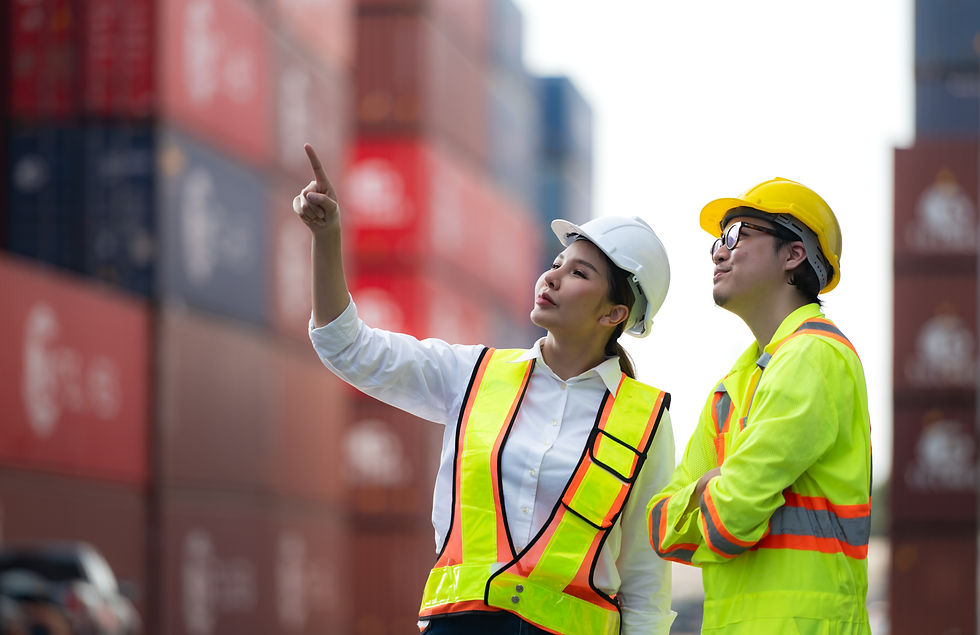China Strengthens Export Controls: New Rules Effective October 2025
- Nexo Logistics

- Oct 3, 2025
- 2 min read
In international trade, every regulatory adjustment can significantly impact how companies plan and manage their supply chains. One of the most relevant updates comes from China, where new export controls on licenses will take effect starting October 1, 2025.

What is an export license?
Every company exporting goods from China must hold an official export license. Until now, it was common practice for many businesses to rely on “export license services”—agents who declared shipments using the credentials of another licensed company. While this system was widely used, it was always considered a legal gray area.
Why is this practice being eliminated?
Chinese authorities identified two main risks associated with the old system:
Tax evasion: some agents declared lower values to reduce tax payments.
Subsidy abuse: misuse of HS codes or third-party credentials to claim higher tax rebates.
To mitigate these issues, the government has decided to establish a stricter and more transparent export framework.
Key changes in Export Controls starting October 2025
The reform introduces new obligations for exporters in China:
Mandatory tax registration for legitimate exporters.
End of third-party licenses: all exports must be declared using the real data of the exporting company.
Complete and verified documentation required, including packing list, commercial invoice, tax rebate certificate, and foreign exchange purchase certificate.
Stricter controls for strategic sectors, with heavy penalties for falsification, including fines and risk of suspension for freight forwarders, customs brokers, and exporters.
What should exporters and importers do?

The only secure path will be to officially register as an exporter in China and obtain the export license through proper channels. While the process may become more complex and costly, it ensures compliance, protects against financial risks, and safeguards long-term operations.
For importers, it will be essential to work with reliable partners who guarantee traceability and compliance at every step of
the supply chain.
A step toward global transparency
These changes are aligned with the broader global trend of strengthening transparency and accountability in international trade. For businesses relying on Chinese suppliers, anticipating and adapting to these regulations will be key to maintaining supply chain resilience.

At Nexo Logistics, we support our clients in navigating these changes by providing secure, efficient, and fully compliant solutions for global operations.










